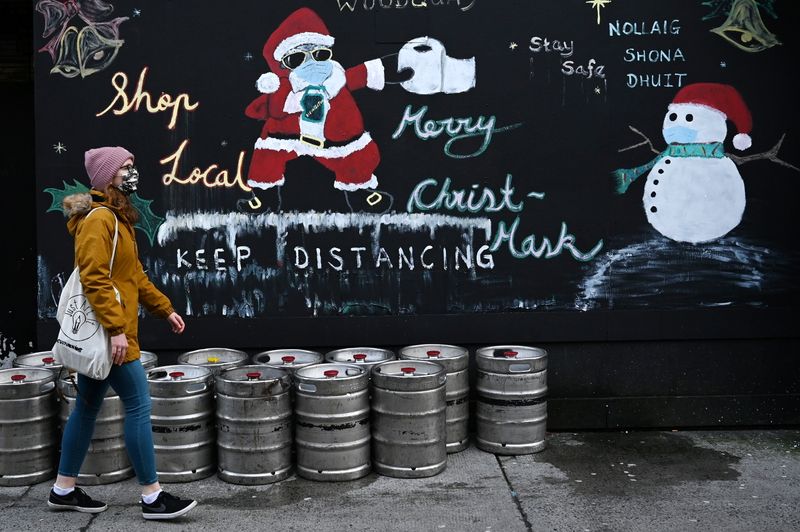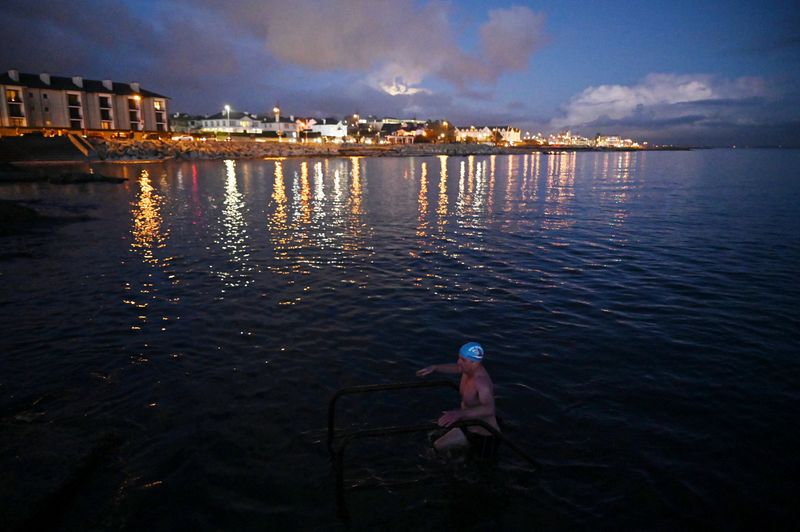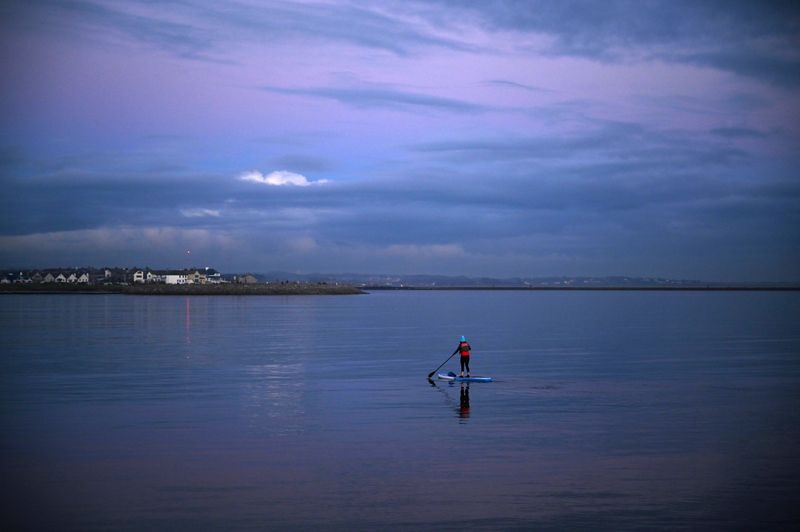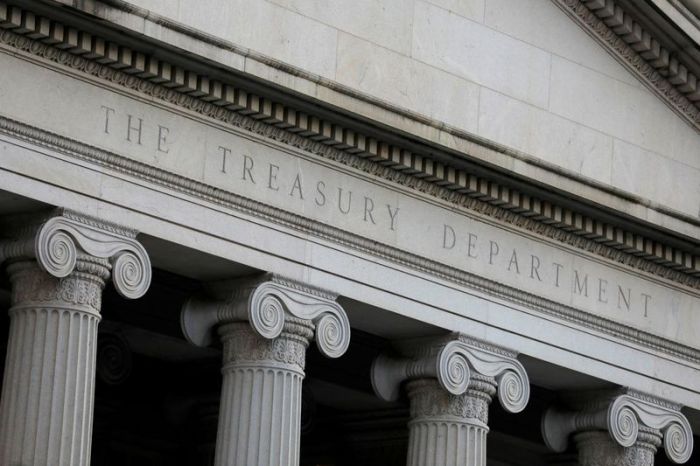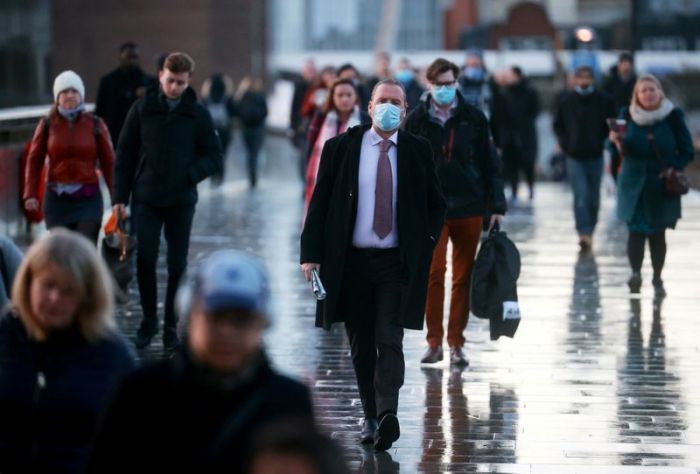DUBLIN (Reuters) – Ireland is to shut down all non-essential retail and extend school holidays in bid to curb a surge in a new strain of COVID-19 that is spreading faster than all forecasts, Prime Minister Micheal Martin announced on Wednesday.
Ireland had one of the lowest infection rates in Europe a few weeks ago, but its five-day average has more than tripled over the past two weeks to over 1,200 cases a day following an easing of public health measures ahead of Christmas.
Martin said he believed the new strain, which British officials have said is up to 70% more transmissible, was spreading “much, much faster”, fuelling the surge and threatening to overwhelm the country’s health service.
“It is spreading at a rate that has surpassed the most pessimistic models available to us,” he said in a televised address. “The situation is extremely serious.”
The government imposed new restrictions on Dec. 22, including the closure of bars and restaurants and limits on travel, but ministers said they hoped to be able to keep shops open and allow people to visit each others homes until Dec. 31.
On Wednesday Martin brought forward a ban on home visits by a day to avoid new year’s eve parties and extended school holidays by five days until Jan. 11 to allow the impact of the new restrictions to be felt.
The country will remain on the highest level of restrictions for at least one month, including the closure of non-essential retail from Thursday. Bars and restaurants will remain closed and people will be banned from making non-essential journeys more than 5 kilometres from home.
Martin said the surge appeared to be different from earlier waves, with a shorter delay being seen between increases in infections and increases in hospitalisations.
Health officials said earlier the number of COVID-19 cases in hospital has almost doubled in the past week and case numbers were poised to double every 7-10 days unless additional measures are taken.
Ireland reported a record 1,718 cases on Wednesday to bring the total case numbers since the start of the pandemic to 90,157. Thirteen deaths were reported to bring the total death toll to 2,226.
(Reporting by Conor Humphries, editing by Ed Osmond)

